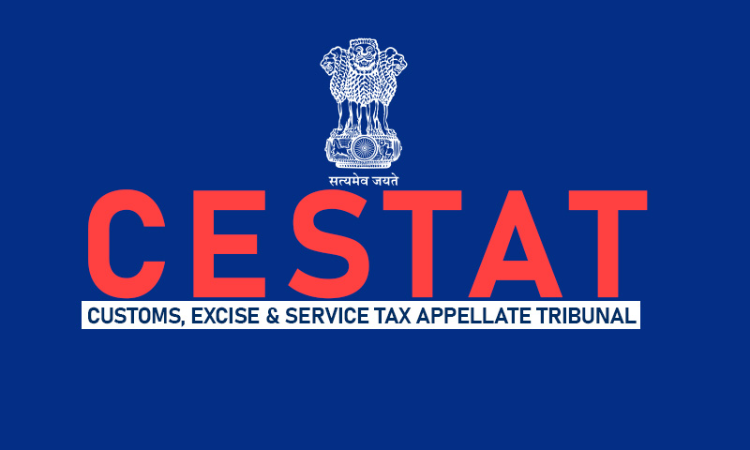Services Tax Demand Not Sustainable On The Basis Of TDS/26AS Statements: CESTAT
Mariya Paliwala
2 Aug 2022 6:30 PM IST

Next Story
2 Aug 2022 6:30 PM IST
The Ahmedabad Bench of the Customs, Excise and Service Tax Appellate Tribunal (CESTAT) has held that service tax demand is not sustainable on the basis of TDS/26AS statements. The two-member bench of Ramesh Nair (Judicial Member) and Raju (Technical Member) has observed that the value of taxable services cannot be determined only based on TDS statements produced by...
